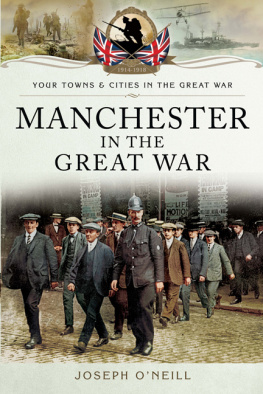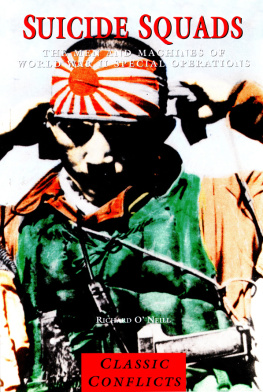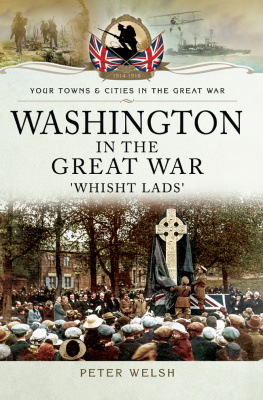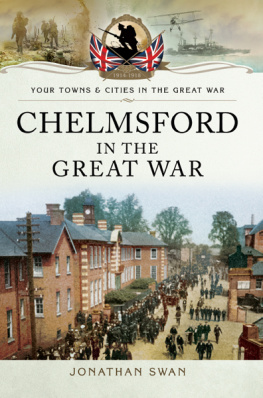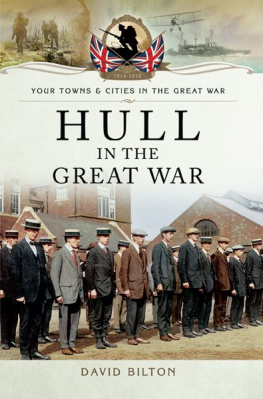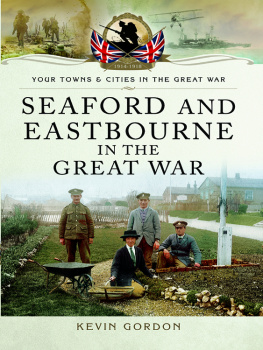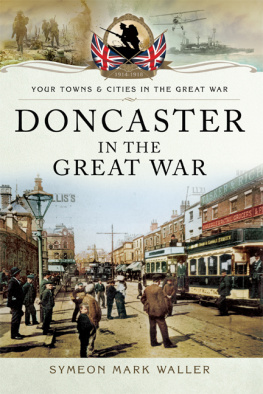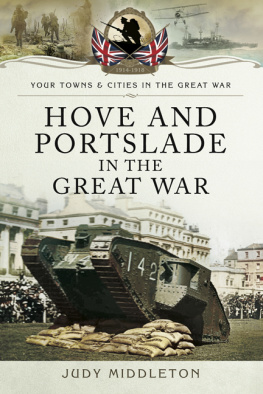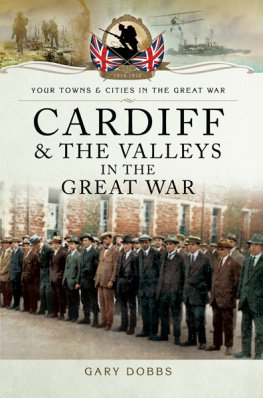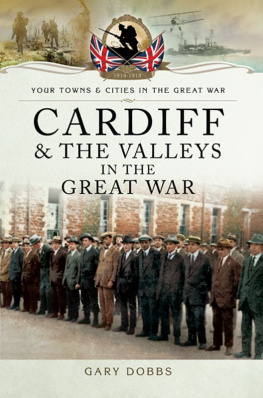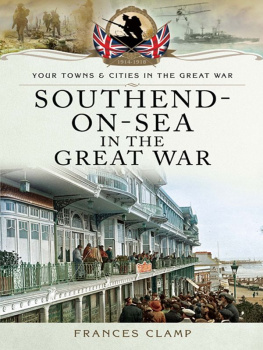
First published in Great Britain in 2014 by
PEN & SWORD MILITARY
an imprint of
Pen and Sword Books Ltd
47 Church Street
Barnsley
South Yorkshire S70 2AS
Copyright Joseph ONeill, 2014
ISBN 978 1 78337 612 4
eISBN 9781473838673
The right of Joseph O'Neill to be identified as the author of this work has been asserted by him in accordance with the Copyright, Designs and Patents Act 1988.
A CIP record for this book is available from the British Library
All rights reserved. No part of this book may be reproduced or transmitted in any formor by any means, electronic or mechanical including photocopying, recording or by any information storage and retrieval system, without permission from the Publisher in writing.
Printed and bound in England
by CPI Group (UK) Ltd, Croydon, CR0 4YY
Typeset in Times New Roman
Pen & Sword Books Ltd incorporates the imprints of Pen & Sword Archaeology, Atlas, Aviation, Battleground, Discovery, Family History, History, Maritime, Military, Naval, Politics, Railways, Select, Social History, Transport, True Crime, and Claymore Press, Frontline Books, Leo Cooper, Praetorian Press, RememberWhen, Seaforth Publishing and Wharncliffe.
For a complete list of Pen and Sword titles please contact
Pen and Sword Books Limited
47 Church Street, Barnsley, South Yorkshire, S70 2AS, England
E-mail: enquiries@pen-and-sword.co.uk
Website: www.pen-and-sword.co.uk
Contents

Introduction
Real heroism is often hidden in the mundane. A single act of courage may save a life but only protracted self-sacrifice can change the world. Sometimes the most heroic act is simply the next thing you have to do. It is impossible to encounter the everyday lives of Mancunians during the Great War without incredulity and awe.
Who were these people, capable of such unremitting toil? How did they endure years of hunger, exhaustion and hardship with such stoicism? How did they withstand the appalling physical and psychological pressure, which met them every morning when they opened their eyes and gripped them even in their few hours of sleep? How did they keep going when so many of their loved ones were exposed to the ever-present threat of death; when the postman was a harbinger of death, when the newspapers told of nothing but death, when death stalked them in their places of work, when the maimed and disfigured who had felt deaths breath on their faces stood on every street? How was it possible for these people who had so little to give so much in sweat-stained pennies and halfpennies, earned through endless hours of drudgery, and to continue to give far beyond the demands of generosity?
Of course, it is possible to dismiss these qualities simply by claiming that these people were the products of a different age. Certainly, they were not afflicted by our overweening sense of entitlement, our querulous and litigious conviction that we have an absolute right to a perfect life or that an ubiquitous state is obliged to assuage every inconvenience and compensate for every mishap. True, their perception of Britain had not been poisoned by generations of pusillanimous politicians who believe in nothing and are prepared to stand up for nothing.
On the contrary, the Mancunians of the Great War prided themselves on their independence and ability to provide for themselves and their families by their own resources. They cherished a fierce pride in their city and an instinctive patriotism, which we have since been taught to despise as nothing but the ideology of cynical ruling class. Unfashionable as it is to say, the evidence is incontrovertible: the Great War generation was motivated by municipal pride and love of country, which produced the intense communal instinct that made daily acts of heroism possible.
Venality and self-serving hypocrisy are also part of Manchesters Great War story: idealism would not be idealism if all were idealistic. But this does not diminish the fundamental decency of the working-class people who drove the citys war effort. The comradeship that made the Pals Battalions so popular was born on the shop floors and in weaving sheds, and in the terraced streets and pubs, long before it found its ultimate expression on the banks of the Somme. The burning sense of fair play, the generosity and instinctive compassion for those in need, the resentment of injustice and privilege, the self-reliance and self-respect that characterised working-class communities made the prodigious achievements of the war years possible.
Now more than ever we need to celebrate these achievements and draw inspiration from them. A recent report on the continued educational failure of white working-class children claims that the educational establishment, in its obsession with multiculturalism, has in effect air-brushed British working-class culture and its achievements out of existence, while at the same time systematically undermining several of its central tenets such as patriotism and self-reliance. Britains white working-class children have been subjected to a process of deculturation, which has cut them off from their roots and undermined that sense of self-worth, without which their forebears would have been incapable of the sacrifices which brought the Great War to a successful conclusion.
Though the war did not create these working-class qualities, it transformed them, raising them to a higher level. The relentless drudgery of those who toiled in factories and workshops was inspired by a love of sons and brothers on the front line. Mancunians acceptance of affliction for love of their countrymen, is as uplifting as any act of heroism occasioned by the war. As one who spent his life with the poor, and was not given to sentimentalising them, put it, The mothers in these homes bear their burdens ungrudgingly, knowing that they are doing their bit in the service of the nation. Their efforts restore our belief in human nature and are something we should be proud of.

Officers Mess staff belonging to the 13th Manchesters, photographed on 25 November 1914 .
Chapter One
1914 Carrying a Box
It was the very happiest day of my life.
THE STULTIFYING HEAT of the July day was killing prize beasts at the Royal Agricultural Show where cattle fell dead in great stolid mounds. In Manchester the gritty haze that swathed the city simmered under the merciless sun. Then at 3.30 pm, with the suddenness of an eclipse, darkness fell. Nature seemed to hold its breath. Passengers on the upper deck of the 53 open top tram, jangling along Great Western Street, began to stir. A shaft of lightning cleft the sky and struck the car, showering the passengers with sparks and lighting up their terrified faces with a harsh glare that blinded many of them. Simultaneously, tramway switches burst into flames and the heavens opened, pouring forth rain that fell in great swirling torrents accompanied by resounding booms of thunder. The lightning destroyed four houses in Pendleton and threatened to smash the great glass dome of the Royal Exchange. It seemed for a moment, said one passenger, that we should all be killed.

